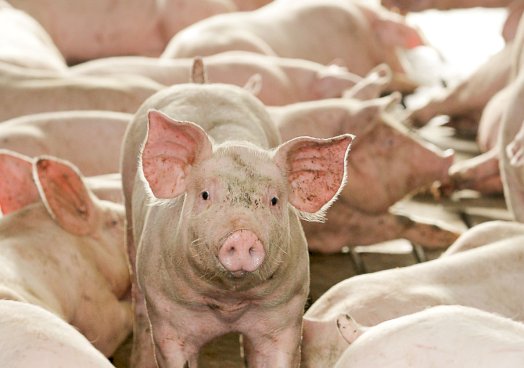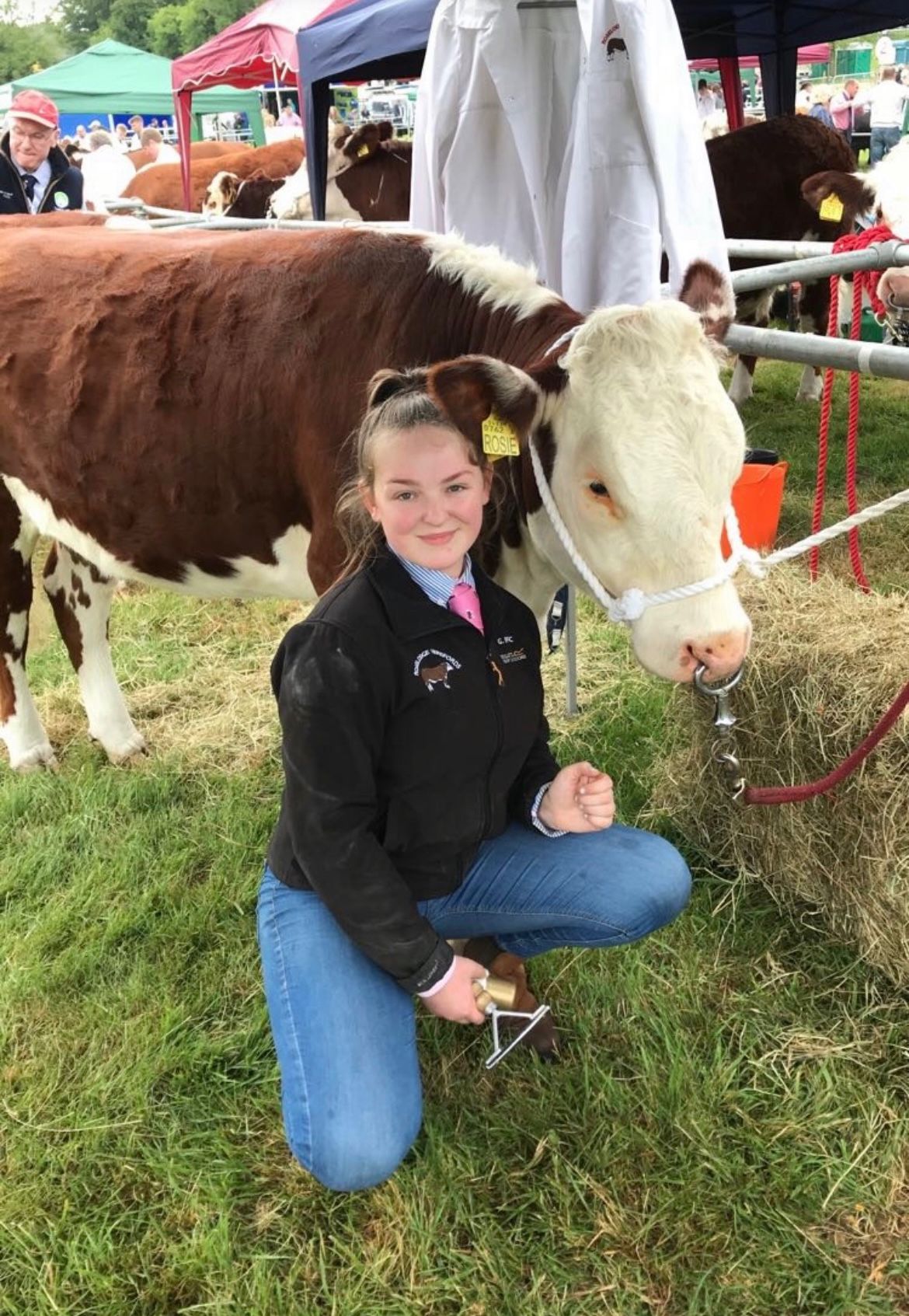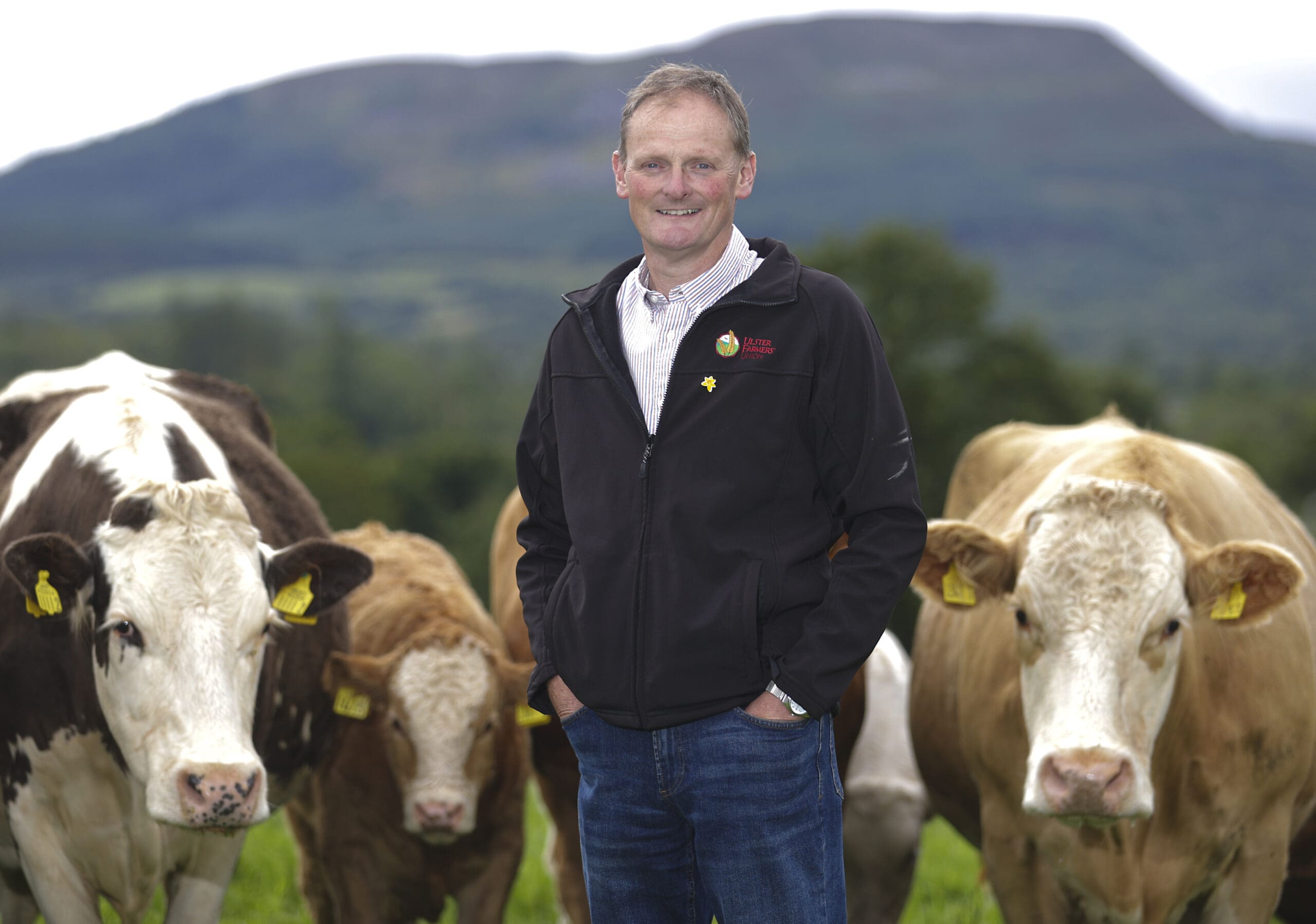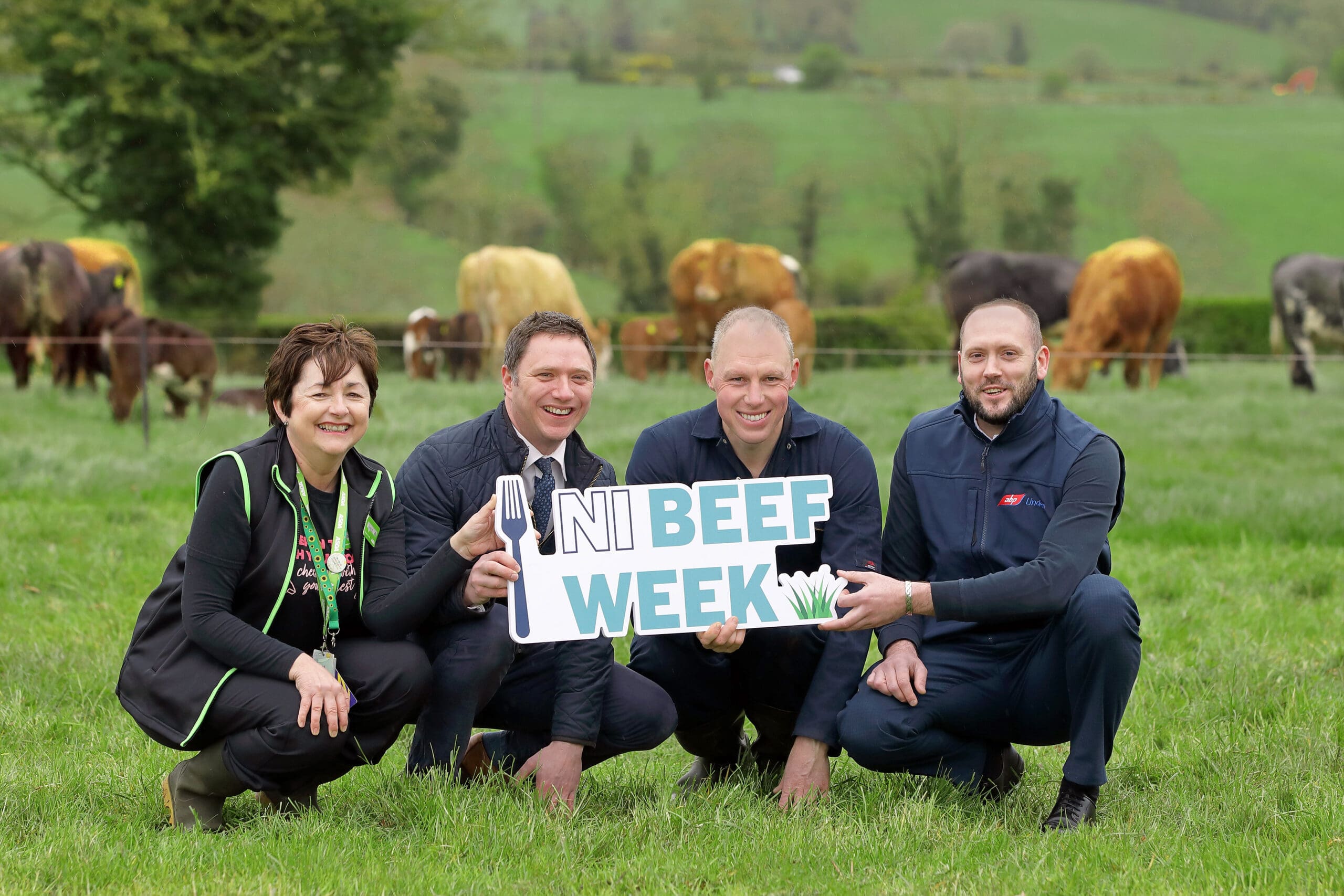
By policy officer David McClure
Pig producers in Northern Ireland (NI) have been journeying a difficult road over the past two years. This journey, since the outbreak of the Ukraine war, became more of an uphill struggle with several false summits on the journey. The promises of increased prices have kept our members continuing to produce, but with the market now approaching the heights of £2/kilogram, who would have foreseen that the outlook from this altitude would be so cloudy with no great view currently on display for the industry. Two years ago, it would have stretched imaginations that the prices paid to our members would be reaching £2/kg. Even more unthinkable would have been the fact that at such levels, our industry would still be losing money.
The reasons for the stormy conditions that have been encountered on this journey are well documented. The prices for purchased grains continue to trade at strong levels and represent a huge driver on the costs of production. Beyond this, the continuing rising costs of energy deliver unpredicted blows to the costs of production on every pig farm. To that extent, recent announcements by UK government to cut energy prices over a six-month period have to be welcomed. However, until greater clarity is gained and the exact extent of how this can be passed onto farmers and their suppliers, the Ulster Farmers’ Union (UFU) remains cautious about the future of the industry.
Of course, these “storms” are also seen by the consumer of our products. And whilst the soaring household bills are at a reduced amounts compared to that which our members are experiencing on farms, the impact is likely to reduce the standard of living going forward. Why then in such times of austerity are consumers not reaching more frequently to these shelves? Pork produced in NI provides a quality source of protein to the shopper and at a more affordable level than other meats. Locally produced beef, chicken and lamb will all cost the consumer significantly more per kilogram than the finest cuts of locally produced NI pork.
Some retailers continue to source imported pork as a regular offering to their clients. Of course, imported pork products, bought by retailers at reduced lower costs compared to our locally produced equivalents, do not necessarily command a lower selling price for the consumer. To that extent, as a NI pig farmer, you rely on consumers being able to identify local produce within stores, and to carry a calculator to determine that the locally produced, Red Tractor assured product actually represents not only the highest quality product, but often the most affordable option to them. That said, whilst some retailers stock solely UK pig meat, others are reported to have made moves in the right direction following a sustained period of engagement earlier this year.
Not all farmers have continued on this difficult journey that I have referred to. Some have decided to park up whilst unfortunately others have crashed out. In order to plan for smoother journeys in the future, DEFRA have launched a consultation focusing on how the supply chain operates. The UFU pork and bacon committee encourage all farmers to complete this consultation, by either quickly ticking a few boxes or indeed, by taking time to add detailed written responses. The opportunity to give feedback closes on 7 October and the consultation can be accessed by clicking here. There is a real need to give honest feedback, and hopefully help to avoid the “potential blizzard” which some other industry commentators have already threatened in their recent forecasts.




